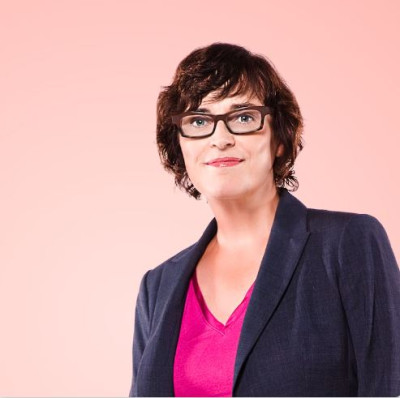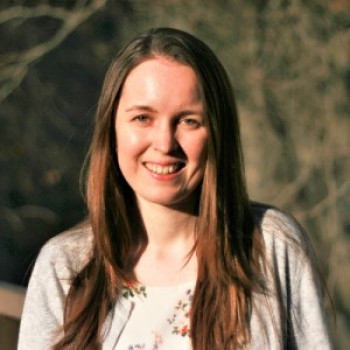News
Discussing Digital Twins: Dr Caroline Roney on CBC’s Spark radio show and podcast
13 March 2024


On an episode titled ‘Predicting problems before they happen’, Dr Caroline Roney spoke about her research into Digital Twins, in particular, how they can be used to help understand atrial fibrillation.
“Essentially, [a digital twin is] a copy of a human organ, human tissue or cells or, scaling this right up, it can be a virtual human twin, and it's based on patient data. If we get new data available on the patient, then we update the computer model based on that data. The idea is that the digital twin can predict what happens in the actual person.”
Explaining the potential for in silico (by computer modelling) trials rather than clinical trials (on humans), she gave a real-life example: “We take imaging data, so it could be MRI data or CT data for a patient, and we use that to build an anatomical model of their heart… We can then simulate the electrical propagation in the model. We can include different features in the model like scar tissue, tune the model to the electrical properties like the ECG, and we can then test different therapies for atrial fibrillation, which is a type of irregular heart rhythm, in the models. We can then say if we think that different therapies are likely to work for a patient or not.”
“It means you can look at, say, very rare patient anatomies that you might not necessarily see very often, because you can simulate those. It also means you can reduce the number of patients who might need some kind of clinical trial, and it can reduce the need for animal testing. The final benefit is that you can test new treatments or new hypotheses for treatments that it might be hard to test in a real clinical trial.”
Caroline also reflected on the future of the technology, “At the moment, lots of the digital trends that we're working on are organs, but in the future, it’s likely to be much more multi-organ: a whole human.”
Caroline’s conversation with presenter Nora Young went much further into the fascinating potential of Digital Twin technology. The episode was originally aired on Sunday 10th March, but you can listen back to it as a podcast on the CBC website.
| Contact: | Caroline Roney |
| Email: | c.roney@qmul.ac.uk |
| People: | |
| Research Centre: |

